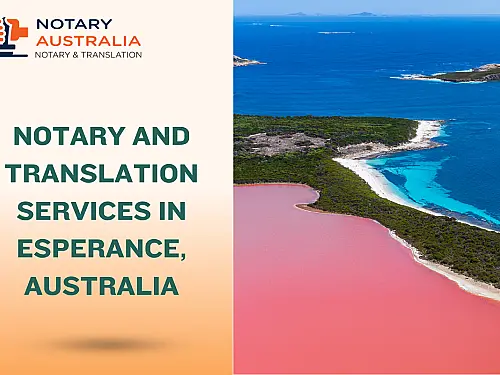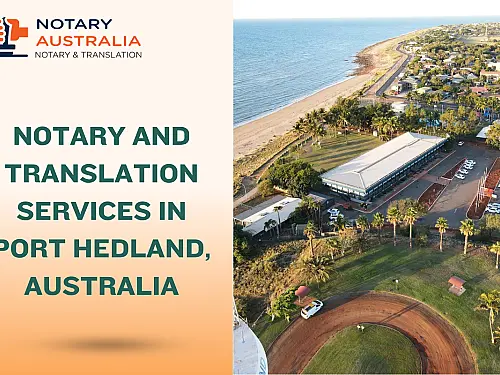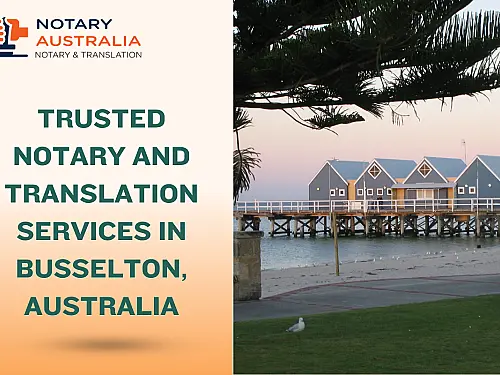



How to Notarize Medical Documents for Legal and Health Protection
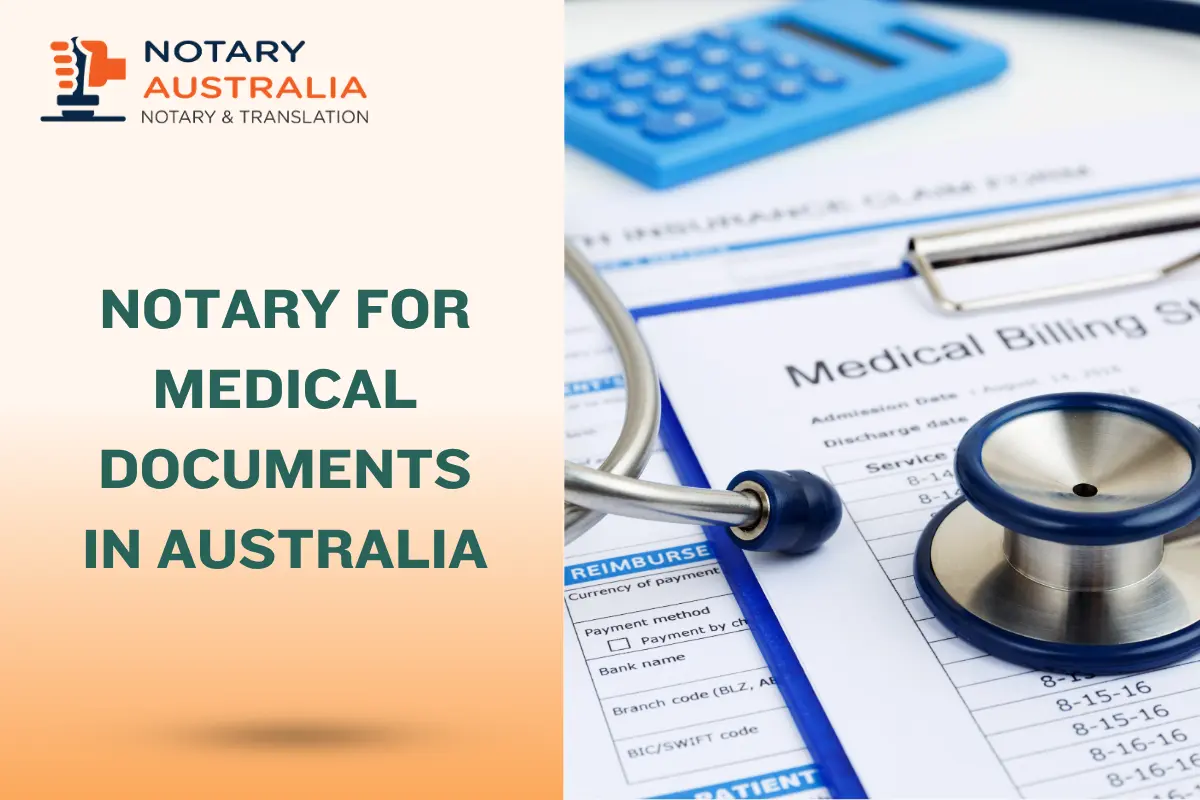
Table of Contents
In the world of healthcare, the importance of accurate and verifiable documentation cannot be overstated. Whether you’re applying for a visa, making legal decisions about your treatment, managing an insurance claim, or protecting your end-of-life wishes, having your medical documents notarised ensures that they are legally valid, globally recognised, and fraud-proof.
In this comprehensive guide, we explain the role of a notary for medical documents, what types of medical paperwork require notarisation, and how to get it done in Australia—both in-person and online.
What Is Medical Document Notarisation?
Medical document notarisation is the process of having a licensed notary public verify the authenticity, identity, and execution of medical-related paperwork. Once notarised, these documents become legally accepted evidence that can be used in courts, immigration departments, embassies, hospitals, or insurance offices.
Why Notarisation Matters for Medical Documents
Legal Proof
Notarised medical documents are difficult to dispute in legal or administrative settings.
International Acceptance
Countries, embassies, and immigration departments may require notarised and apostilled medical paperwork.
Fraud Prevention
A notary confirms the signer’s identity, helping prevent forged or altered documents.
Peace of Mind
In matters like healthcare directives and power of attorney, notarisation ensures your wishes are respected.
Types of Medical Documents That Often Need Notarisation
| Document Type | Purpose |
|---|---|
| Medical records | Legal disputes, personal injury cases |
| Fitness certificates | Immigration, employment, or school requirements |
| Consent forms | Surgery, procedures, insurance policies |
| Power of Attorney (Medical) | Assign decision-making rights during incapacity |
| Advance healthcare directives | Enforce end-of-life choices legally |
| Hospital discharge summaries | Insurance, post-treatment processing |
| Rehabilitation or treatment reports | Validate recovery progress for claims |
| Medical clearance for travel or visa | Support immigration or international travel |
| COVID-19 test results or vaccination | Satisfy entry/travel/visa regulations |
| DNR orders and living wills | Respect and implement end-of-life preferences |
Use Cases for Notarising Medical Documents
For Immigration and Visa Applications
Governments may require notarised:
- Medical examination reports
- Disability certification
- COVID-19 test results or vaccination records
- Doctor’s statements for travel delays
This ensures the authenticity of documents submitted to embassies or immigration authorities.
For Medical Power of Attorney and Advance Directives
If you want to legally designate someone to make decisions on your behalf, or clarify your end-of-life wishes, notarising:
- Advance healthcare directives
- Medical Power of Attorney
- DNR forms
is critical for enforceability in Australian hospitals and abroad.
For Insurance Claims and Legal Cases
In the event of an accident or injury, insurers and legal entities may require notarised:
- Hospital discharge summaries
- Treatment reports
- Medical opinions
- Cost breakdowns
- Disability claims
Without proper notarisation, claims may be delayed or denied.
Step-by-Step: How to Notarise Medical Documents in Australia
1. Identify the Required Documents
Determine which medical documents need to be notarised and for what purpose (immigration, legal, insurance, etc.).
2. Prepare Supporting Material
Have your original documents, identity proof (passport/driver’s licence), and any applicable forms ready.
3. Book a Notary Appointment
You can find a notary public near you or choose an online notary for digital notarisation.
4. Verification and Notarisation
The notary will:
- Check your identity
- Confirm you understand the document’s purpose
- Witness your signature or verify a copy as a true copy
- Apply their official stamp and signature
5. Apostille or Legalisation (if required)
For international use, submit the notarised document to DFAT for an apostille, or to the relevant embassy for legalisation if the destination country is not part of the Hague Convention.
Can You Notarise Medical Documents Online?
Yes. Online notarisation is now available and legally accepted in Australia. It includes:
- Secure document upload
- Video identity verification
- Electronic notarisation (PDF + digital seal)
- Same-day delivery in many cases
This is especially helpful for people overseas, those with mobility issues, or during urgent health situations.
Risk of Not Notarising Medical Documents
Failing to notarise critical medical documents can result in:
- Rejected visa or immigration applications
- Delayed insurance or legal claims
- Medical treatment complications
- Inability to enforce healthcare directives
- Non-recognition of medical authority (POA)
Real-Life Scenarios
- A visa applicant had their doctor’s medical clearance notarised and apostilled before submission to the embassy.
- A terminally ill patient ensured their DNR order and living will were notarised, preventing unwanted treatment.
- A car accident victim used notarised rehab reports to successfully file a claim with their insurer.
- A caregiver obtained notarised POA documents to manage the medical needs of an elderly parent.
FAQs About Medical Document Notarisation
Is notarisation always required for medical documents?
Not always—but it's highly recommended when dealing with immigration, legal cases, international travel, or insurance claims.
How much does it cost?
Expect to pay $90 to $200 depending on urgency, document type, and whether online notarisation is used.
Can I notarise a copy of my medical records?
Yes. A notary can issue a certified true copy of an original medical document.
Do hospitals accept notarised POAs and directives?
Yes, especially when presented with proper notarisation and identification.
Final Thoughts: Protect Your Health and Legal Rights
Health decisions are personal—but the paperwork behind them must be professional and legally compliant. Whether you're preparing for a procedure, applying for a visa, or managing a loved one’s care, notarising your medical documents gives you peace of mind, legal protection, and global recognition.
Don't leave your critical health records vulnerable to challenge or delay. Speak to a licensed notary today—or explore secure online notarisation to get it done quickly and safely.

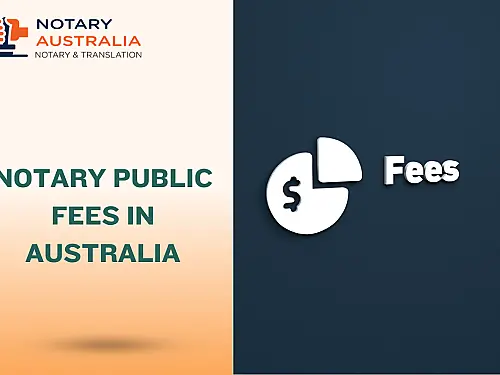

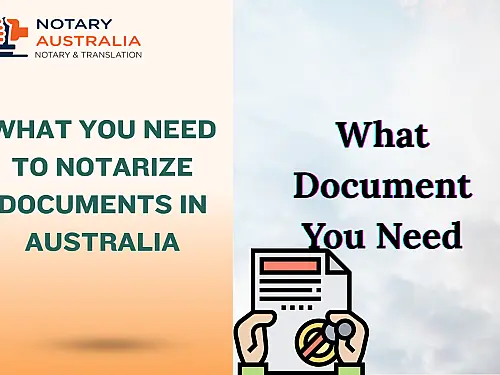
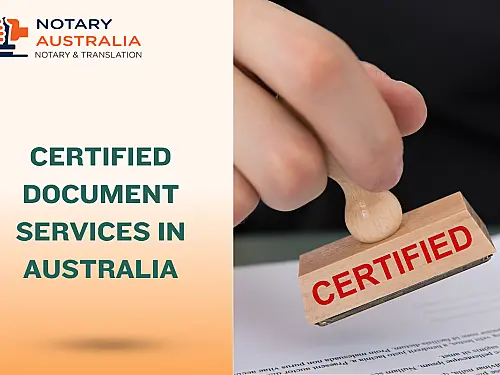
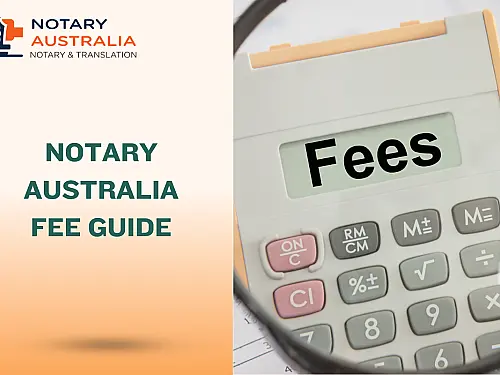
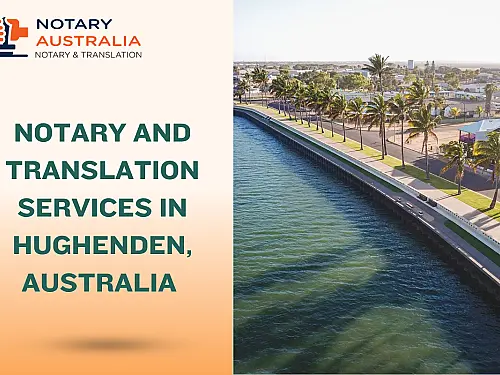
-thumb.webp)
